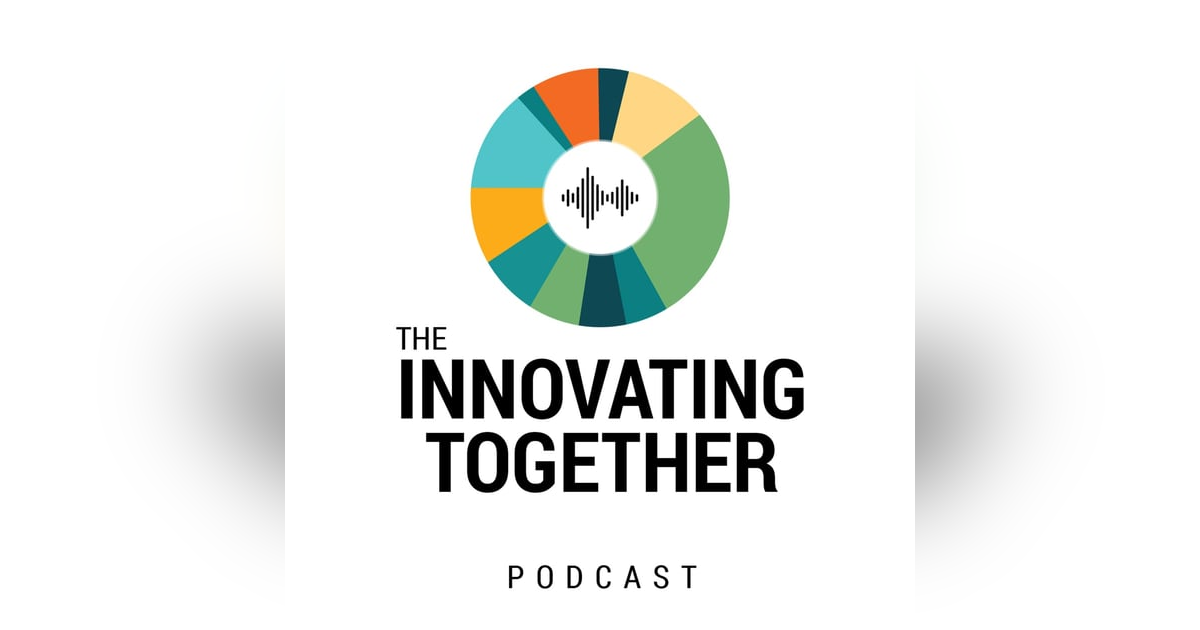Interview with Dr. Sara Goldrick Rab from Temple University and the Hope Center

Today we’re talking with Dr. Sara Goldrick Rab from Temple University and the Hope Center. Dr. Rab wears a lot of hats but describes herself as a scientist that works on the problems of why people start college and don’t finish. She has her focus on what happens when people are challenged with paying for school and life while in school.
Hunger On College Campus
Food insecurity is when you don’t have stable and regular access to food, and it’s something that is widespread among college students. Many students are skipping meals or going without food for a day or more. Most won’t admit to this struggle and would much sooner just get used to it than to admit it. Lack of nutrients affects you in many ways such as cognitive function and energy—all things a college student needs to get through their day.
Housing Insecurity
A lot of people will assume college kids just don’t manage their money correctly, but that’s not it. Students' budgets are stretched tight. Another issue is housing insecurity, when you are constantly at risk of losing your housing. Often it comes down to rent or food and utilities. Dr. Rab says not a lot of people can even agree on what it means to be homeless. She says that couch-surfing or shuffling from place to place is homelessness, even though you have shelter. Students staying with unsafe individuals has become an issue relating to this type of homelessness.
What is #realcollege?
Dr. Rab explains that she was doing research ten years ago and just trying to share data on food insecurity but was receiving a lot of pushbacks. People were in denial, but Dr. Rab knew it was actually happening. So, as a fan of the Real World from MTV she quoted, “we got to stop being polite and start getting real”. Thus was born #realcollege as a way to show what college was really like.
What Can We Do?
Dr Rab points to a book called Sweet Charity by Janet Poppendieck and says food pantries don’t help. When someone needs food, what they’re really in need of is money for food. Dr. Rab says that what's most needed is an effective emergency aid program. It needs to be readily available at any time to anyone and based only on need.
Go to www.hope4college.com for research, resources and guides.
--
Welcome to innovating together, a podcast produced by the University Innovation Alliance. This is a podcast for busy people in higher education who are looking for the “aha moments” that can propel their work forward. Innovating Together curates the best insights, research, and experts. To connect with us further, visit www.theuia.org.
--- Send in a voice message: https://podcasters.spotify.com/pod/show/innovationalliance/message
